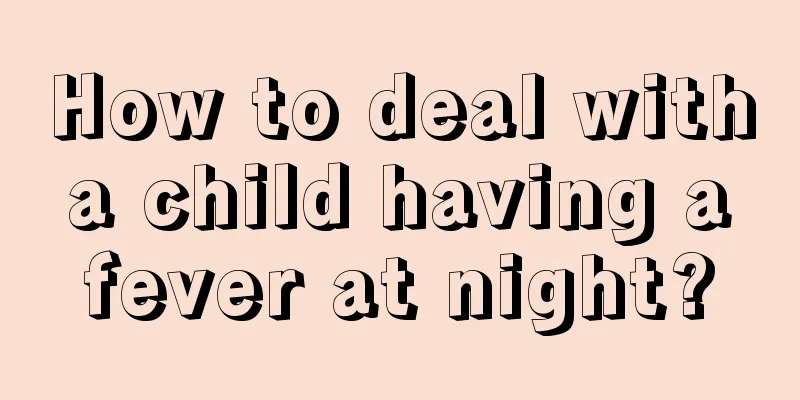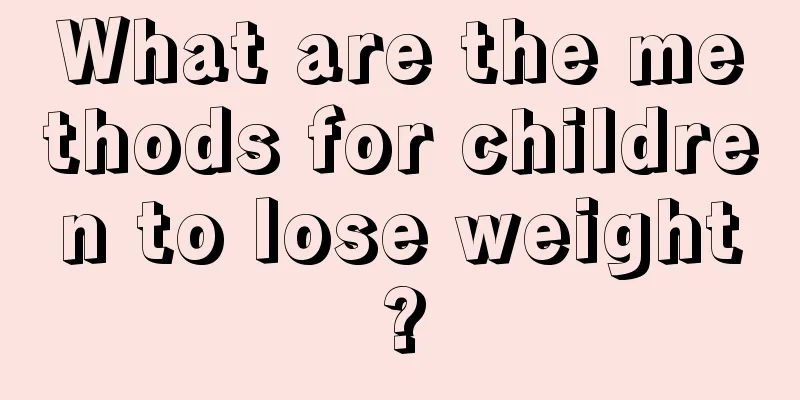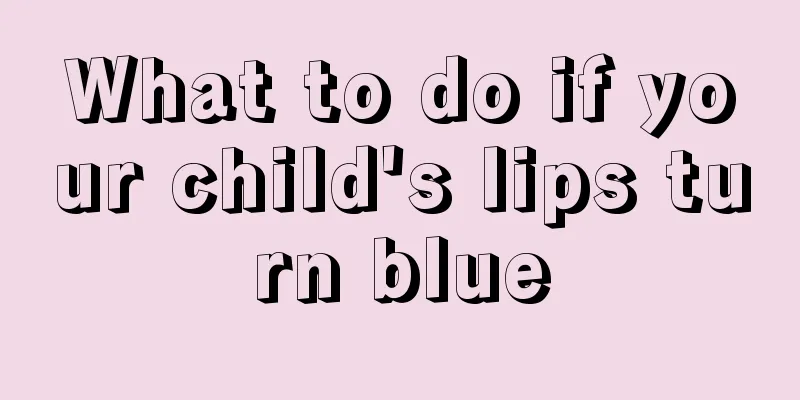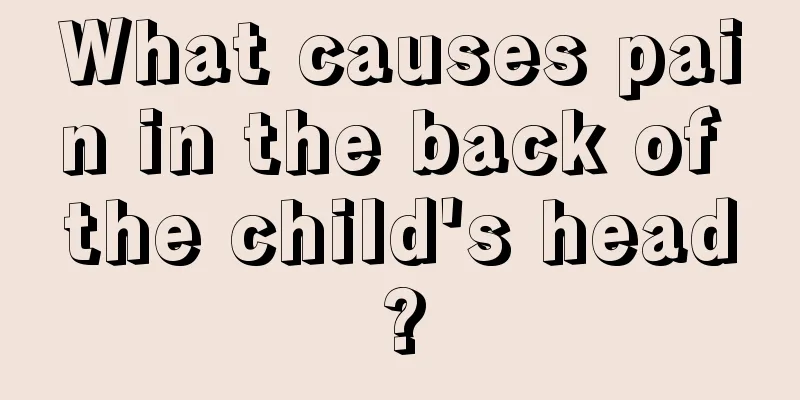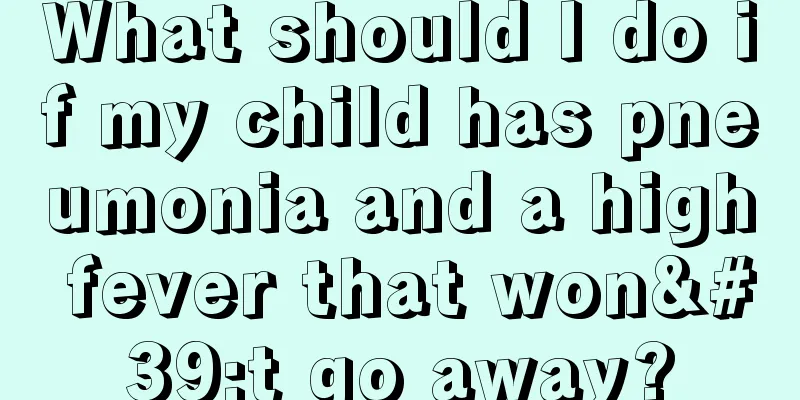What should you pay attention to when choosing eye drops suitable for children?
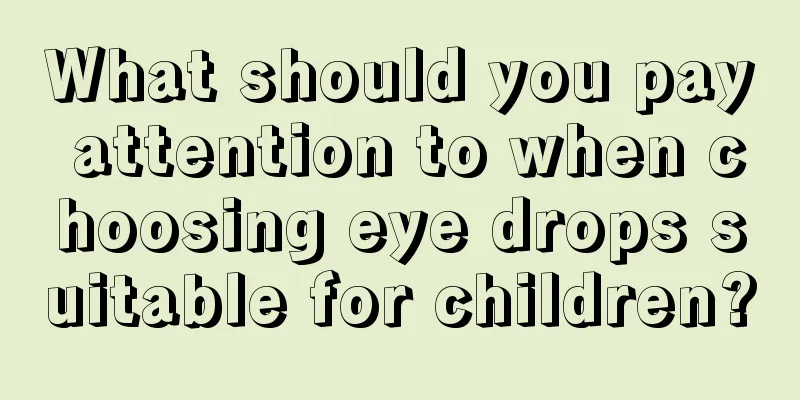
|
Children's bodies are relatively fragile because they have not yet fully developed. Therefore, choosing medicines when they are sick is a challenge for parents. Even if it is just a simple little tablet, it needs to be carefully selected. If it contains substances that are harmful to children, it will definitely cause harm to the child's body. So what should we pay attention to when choosing eye drops suitable for children? The eyes are delicate, and the eyes of infants and young children are especially delicate. What should we pay attention to when choosing eye drops for various eye diseases? 1. The problem of preservatives. Many eye drops contain preservatives or antiseptics to ensure long shelf life. For children who use eye drops for a long time, preservatives can damage the tear film on the eye surface, causing corneal staining and dry eyes. Therefore, for children who use eye drops for a long time, try to use eye drops that do not contain preservatives. 2. Regarding drug toxicity, chloramphenicol eye drops should be used with caution in infants and young children, as they can easily cause blood system problems in sensitive children. For antiviral eye drops, because of their corneal toxicity, it is recommended to stop taking the medicine promptly after the symptoms are controlled. Glucocorticoid eye drops can increase intraocular pressure and are recommended for short-term use. In addition, low-concentration hormone eye drops (such as flumetamide) have fewer side effects and have anti-inflammatory effects without significantly increasing intraocular pressure. 3. The problem of antimicrobial resistance. For diseases such as bacterial infectious conjunctivitis and keratitis, bacterial culture and drug sensitivity testing before treatment can effectively prevent drug resistance. 4. The effect of mydriatic agents on intraocular pressure in children. Generally speaking, the disease that causes increased intraocular pressure due to mydriasis is angle-closure glaucoma. Glaucoma in children and adolescents is often open-angle glaucoma, which has limited effect on increasing intraocular pressure, so there is no need to panic. 5. Age issue of use. Generally, use strictly according to the instructions. In special cases, the doctor will analyze the pros and cons of using a certain medication with the child's parents and advise them to use a certain eye drops with caution. For example, some anti-allergic eye drops are prescribed for use over 2 or 3 years old. If the child's allergic symptoms are particularly severe and other medications are not effective, certain eye drops can be used, but close observation is required. It should be noted that drug clinical trials on children are prohibited almost all over the world. Therefore, all drugs for children are only used on children after adults have used them for a long period of time and accumulated a lot of experience and lessons. Therefore, most drug instructions state that children should use them with caution. |
<<: What eye drops should be used for children's keratitis?
>>: Symptoms of myocarditis in babies
Recommend
Is it normal for babies to have teeth growing on the upper part first?
Is it normal for the baby's teeth to grow fir...
Do newborns need to take cod liver oil?
Cod liver oil is a common thing in people's d...
What are the symptoms of sepsis in children
Sepsis is a serious disease caused by infection o...
What are the symptoms of autism in children
If autistic children are not discovered and treat...
What causes sore eyes in children?
If a child has sore and swollen eyes, parents sho...
What materials are good for children's dental fillings?
There are actually quite a lot of materials that ...
What's the matter with the hard lump on the baby's arm after the injection?
The health of the baby is a very important matter...
Baby doesn't like to eat fruit
Being picky about food is everyone's nature. ...
What to do if your two-year-old baby doesn't like to eat
We all know that if a baby shows symptoms such as...
What is the appropriate humidity in a baby's room?
Just after the baby is born, he will be cared for...
How to develop children's right brain?
Younger parents nowadays attach great importance ...
How to make baby nutritious soup
Baby nutritious soup is very important for the ba...
What are the dietary taboos for children with asthma?
Childhood asthma is a very common pediatric disea...
Precautions for suctioning sputum in children
If suctioning is performed on children, some prec...
How to perform massage techniques on children with fever?
In fact, when a child has a fever, it is feasible...
